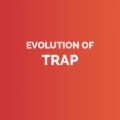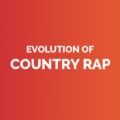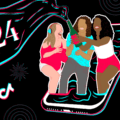There’s no shortage of hurdles for independent artists to get over before releasing new projects. Major labels are notorious for prioritizing their interests over their talents’, and self-funding just isn’t a reality for many musicians and producers.
So what’s the best way to get your project across the finish line? Grants! If you’re looking for some funding to record an album, you can bet there’s a grant for that. Want to go on tour? Guess what? There are grants for that too. Some grants even help cover marketing and promotion costs. When you start to do some research, you’ll see that the sheer amount of grants available to artists in Canada is kind of astounding.
The big national grants, while they may seem intimidating, can prove to be very fruitful for musicians if they’re tackled properly. Canada Council for the Arts, for example, is a go-to for many artists. Looking into FACTOR and SOCAN Foundation is always a good idea, too. Some of their upper-tier grants can be difficult to get, but there are grants further down the rung that are far less competitive.

It’s not just limited to the national ones either; there’s a wealth of provincial grants out there for the taking. Quebec is home to CALQ (Conseil des arts et des lettres du Québec), which is an excellent aid for Quebec-based artists.
Ontario has Ontario Creates, Toronto Arts Council, and the Ontario Arts Council (OAC). The OAC, while it does offer a diverse grant pool, also has grants for Music Creation Projects. Those range between $3000-15000 according to their grants listings for 2020. Their website also offers a Survival Guide for when you do apply, which lists all the dos and don’ts of grant writing that seem to hold true for writing almost any grant.
We could list every Canadian grant on offer, but suffice it to say, there are quite a few. Unfortunately, knowing they exist is only the tip of the iceberg. Writing a strong grant application is the key to success. Survival Guides aside, there isn’t a whole lot of info out there on the pitfalls of grant writing.
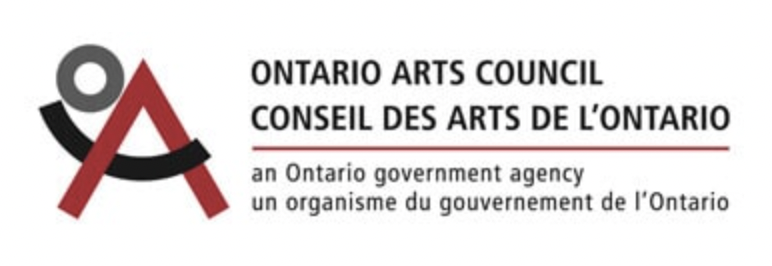
It can be a daunting task if you’re not in the know, which is why we chose to rely on the expert knowledge of Hot Tramp Records owner and all-around grant writing aficionado, Sarah Armiento. She handles all of the grant writing for her label, in addition to doing freelance grant work on the side, so she’s well-versed in the intricacies of music-based grants.
“There’s always a grant plan behind any of our releases,” says Sarah. “So, for me, that means doing a CALQ creation grant, one for Canada Council, and then also a FACTOR grant. I do all three behind each release. The CALQ one is great for the initial stage, the creation of a record. Then, Canada Council has a Concept to Realization grant, so that helps to cover both the making of an album and its promotion, including all of those other costs that come with it. Finally, there’s the big one, which is the FACTOR Juried Sound Recording grant (JSR). I’ve never managed to get that one, but I always apply for it anyway.”
As you might imagine, the JSR is very competitive, but on the flip side, it does give you a much bigger payout. It’s the holy grail of Canadian music grants, but that doesn’t mean you shouldn’t give it a shot. If that’s too much of an undertaking, FACTOR also offers an Artist Development (AD) grant. While they’re not flinging those out like t-shirts at a ball game, they’re certainly a much more attainable goal. The AD grant will get you $2000, which is nothing to turn your nose up at but also won’t get you anywhere near a physical release like a vinyl.

So, let’s say you’d like to apply for a grant, or a number of them simultaneously as Sarah would advise, the most important aspect you can bring to the table is the ability to sell yourself as an artist.
“It’s like one big sales pitch,” explains Sarah. “Question what your album is about, the inspiration behind it, all of the creative blurb about the album — which would come from the artist. If a grant organization is going to give you money, they want the album to do well.”
Obviously, different grants will ask you to focus on different areas of your project. For example, organizations like CALQ and Canada Council have more creatively-focused questions: they want to know how you’ve grown as an artist, how your sound has changed, in what way your artistry has evolved with this release, and so forth. Whereas with FACTOR, especially for the JSR, a big part of the application is the team you have behind it, the marketing strategy, the targets you’re going to try to hit for playlists, and press. It’s really about making a sellable pitch-deck scenario — it’s essentially you stating “this album will do well because we have this specific plan in place to push it”.
Yet, regardless of the varying requirements of these grants, there is one thing that they are all looking for: specificity. “I think the people evaluating these grants probably get a lot of press-release style applications that say, ‘I want a marketing plan, I want my album to be on Pitchfork‘ or something like that, and they probably just roll their eyes,” says Sarah.

“Get specific with your targets. Say something like, ‘I want this album to be played on this radio station, so I can do this tour, etc.’. Be really specific with your goals and targets. Make it seem like you really put thought into it because it’s easy to just write out a very vague goal system. Whereas if they see that you thought-out what you would do if they gave you this money, that’s going to be a huge help to your application. You need to be realistic with your budget, too. Which all comes back to having a really concise plan around the rollout of this project, and truly making them believe that it’s actually possible for this artist to do what they’re proposing.”
If you still think grants are intimidating, we can guarantee that you’re not alone. The thing about writing grants, though, is that once you dive in, it gets easier every time. There are gatekeepers out there, but everyone has the key in their pocket whether they realize it or not.
“I think anyone can write grants, but you definitely want to have attention to detail,” says Sarah. “If I look at the first grants I wrote, they were terrible. It’s only with practice that you do get better. Once you get that first grant, you have a bit of a formula forming. Then you just build on that initial success. I think the better you get, the less time it will take. But I’d like to be clear; it is time-consuming.”
When embarking on your first grant-writing journey, you mustn’t expect immediate results. It’s entirely possible that you won’t be successful, but that does not mean that it’s a waste of time. In fact, it’s beneficial to your musical career whether you realize it or not. “A lot of the questions on the grant forms are things that newer artists should be thinking about anyway, things they might not have thought about if they weren’t actually writing the grant,” says Sarah. “I mean, you really should have a marketing plan, and you should be thinking about your targets and goals. It also pushes you to think about these very important aspects of your career in this field. It’s tedious, but it could help you even if you don’t get the grant. At least you’ll have some semblance of a plan in place going forward.”

If you want to be prepared, it’s important to note that most grants have a spring and a fall deadline each year. The Canadian Independent Music Association website has a fairly comprehensive list of them. It’s also a good place to see which grants are available across Canada. If you have a library card and live in the Toronto area, you can also access grants of all kinds through their Grant Connect page. Canada is an excellent country for artists; you just need to know where to look for help, and start writing.
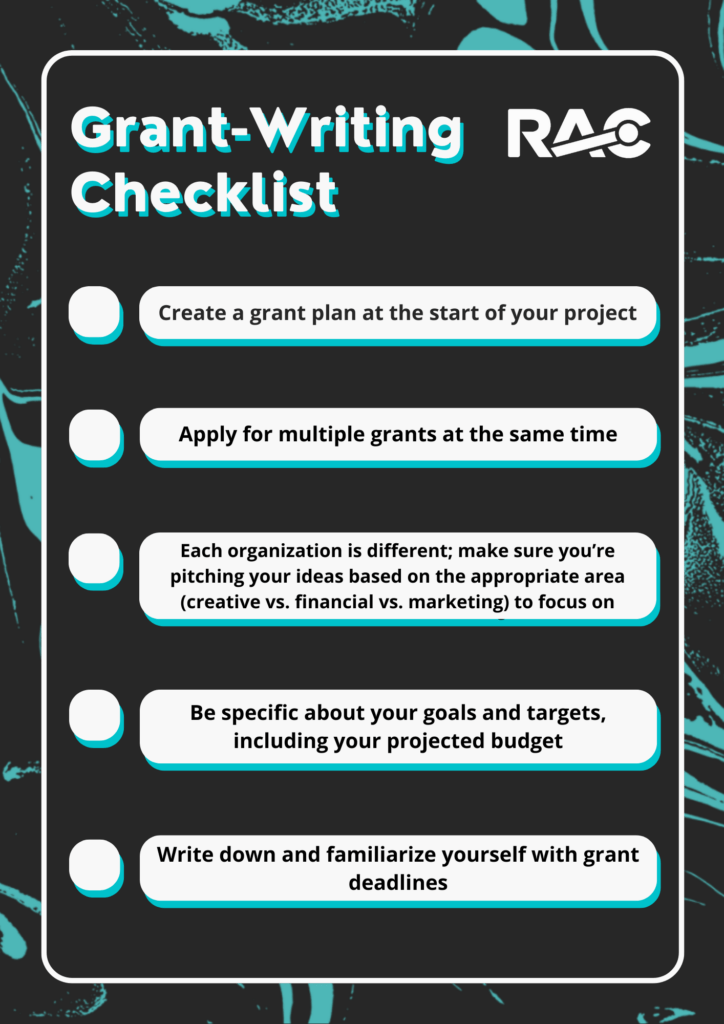
Text written by Daryl Keating
Illustration by Yihong Guo






